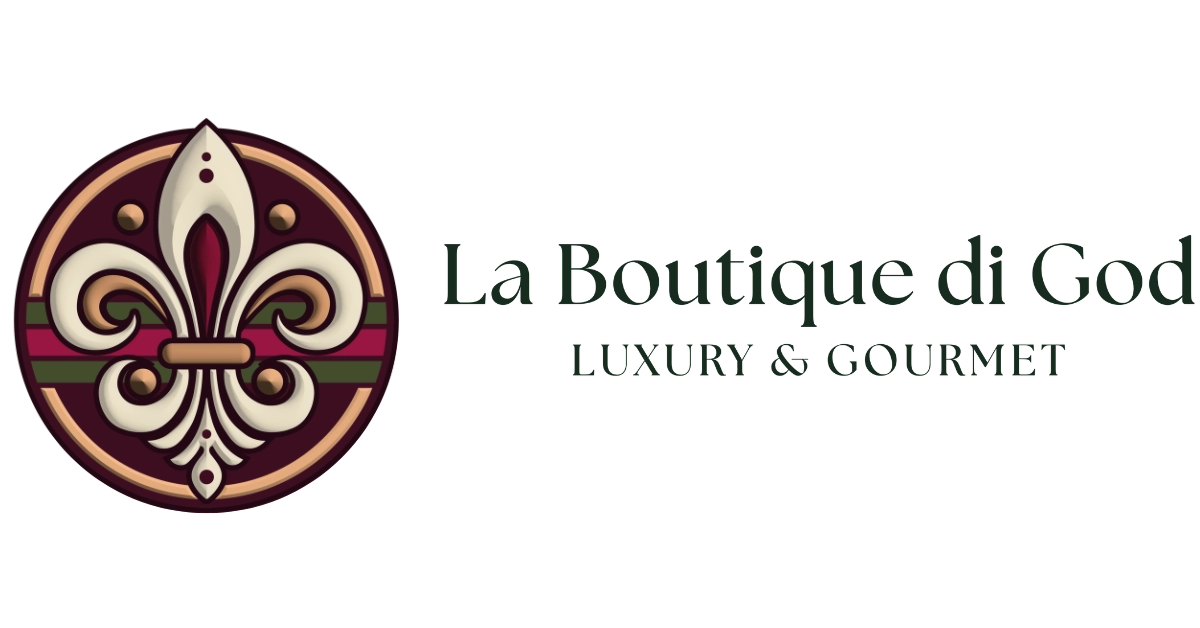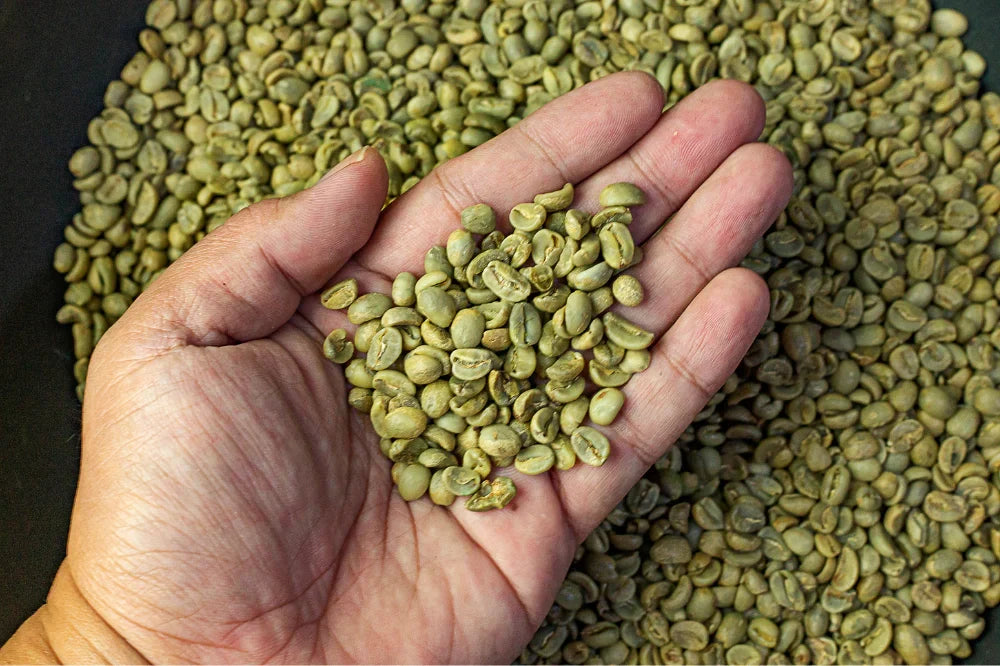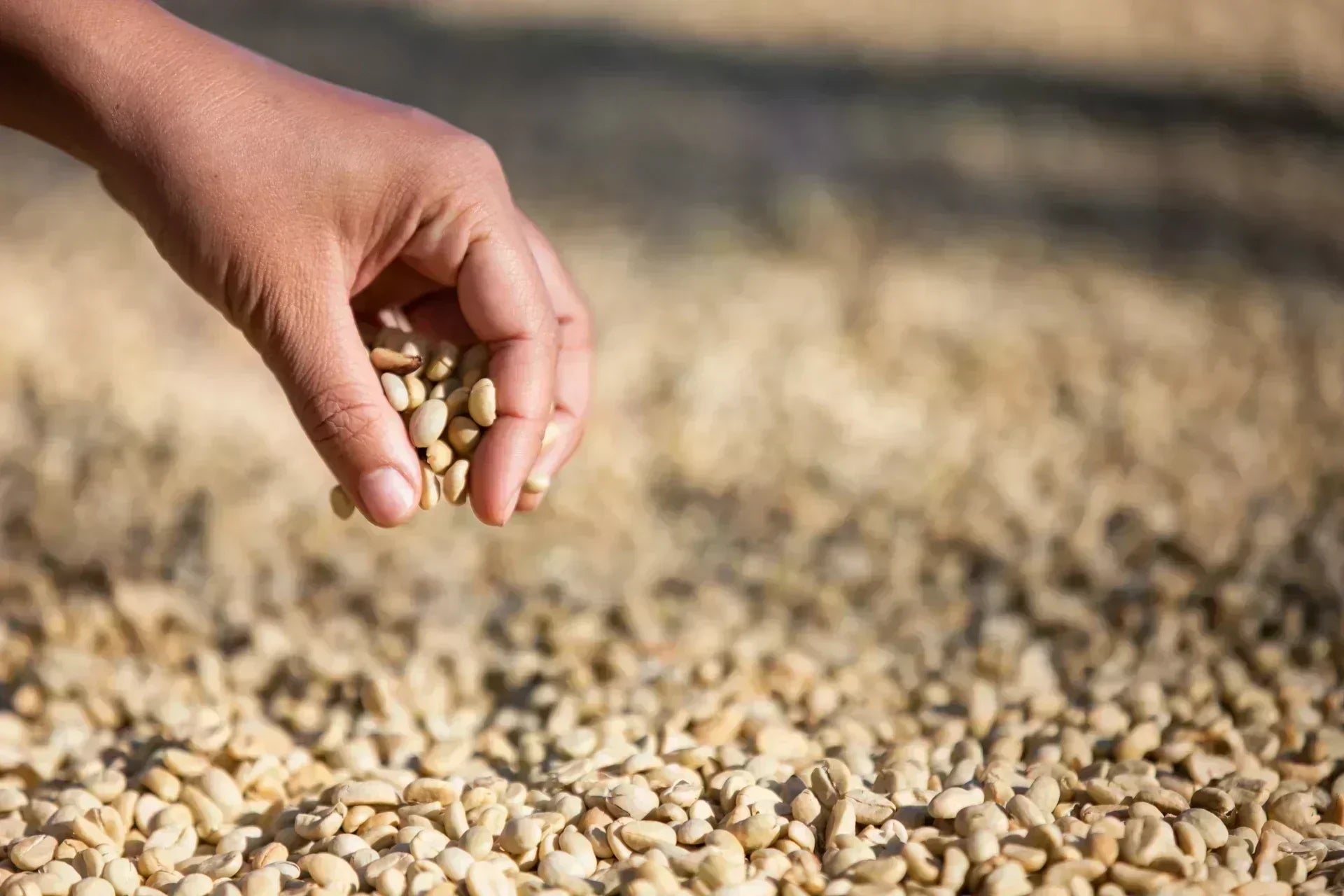For years, decaffeinated coffee has been viewed with suspicion: "It loses flavor," "It's full of chemicals," "It's not natural." Many avoided it out of simple mistrust.
But the outlook has changed.
Today, sophisticated processes exist that eliminate caffeine without altering the flavor or resorting to harsh solvents. Yet, many brands exploit the phrase "chemical-free" without explaining what it actually means .
In this article you will discover:
-
What methods exist to eliminate caffeine?
-
Which ones are really chemical-free
-
What impact do they have on the flavor?
-
And how to make an informed decision as a consumer
Why is coffee decaffeinated?

Caffeine is not bad in itself, but there are valid reasons to reduce or eliminate its consumption:
-
People sensitive to caffeine (insomnia, anxiety, hypertension)
-
Pregnancy or breastfeeding
-
I like coffee, but not for the stimulating effect
-
Nighttime consumption without affecting sleep
The good news is that you can still enjoy a strong, flavorful cup… without the need for caffeine.
Why is decaffeinated coffee distrusted?
Many consumers think that decaffeinated coffee:
-
It's full of chemicals
-
It tastes worse
-
It is less healthy
And while there are methods that use solvents, there are completely natural processes , and all legal methods are regulated and verified by international health authorities .
What does “chemical-free” really mean?
When we talk about chemical-free decaf coffee , we are referring to processes that do not use chemical solvents (such as methylene chloride or ethyl acetate) to remove caffeine.
The most well-known and respected method in this category is the Swiss Water Process : a system that uses only water, temperature, and time to safely and naturally remove caffeine.
Methods for eliminating caffeine: what are they?

Caffeine is not removed after roasting the coffee , but before — when the beans are still green.
This is where the different methods come in:
| Method | Do you use chemicals? | Natural? | Final taste | Cost | Recommended for... |
|---|---|---|---|---|---|
| Methylene chloride (DCM) | Yeah | No | Very good if done right | Half | Flavor lovers, tight budget |
| Swiss Water Process | No | Yeah | Very faithful to the original | High | Those who avoid chemicals completely |
| supercritical CO₂ | No | Yeah | Neutral, balanced | High | Zero-waste specialty coffee |
| Cane sugar (natural EA) | Yes (natural origin) | Partial | Sweet, aromatic | Half | Natural alternative with a mild flavor |
1. Methylene chloride (DCM)
One of the oldest and most effective. Green coffee is soaked in water, then a solvent (DCM) is applied, which binds to the caffeine and extracts it.
✅ Very good result in flavor
⚠️ Use chemical solvent (although at safe levels)
✅ Approved by the FDA and the EU
2. Swiss Water Process
This is the star method for those who want to avoid chemicals.
-
Grains are soaked in hot water.
-
The water is filtered through activated carbon that retains only the caffeine.
-
The water with the flavor compounds is reused with other grains, maintaining its original profile.
✅ Chemical-free
✅ Clean flavor, very faithful to the original
❌ More expensive
3. Supercritical CO₂
An industrial method without artificial solvents. It uses pressurized CO₂ to "pull out" the caffeine without damaging the flavor or body of the bean.
✅ Does not use toxic chemicals
✅ Very accurate
❌ Expensive and less accessible
4. Ethyl acetate (natural)
It's called "natural" because this solvent can be derived from fermented fruits or sugarcane. Although it's chemical, it comes from natural sources .
✅ Acceptable for brands that prioritize “natural”
⚠️ It is still a solvent, although mild
✅ Sweet and pleasant taste
How safe are chemical methods?
Solvent methods such as methylene chloride are regulated by:
-
The FDA in the United States
-
The European Union
-
Various local regulations
The maximum permissible residue is so low that it poses no risk to human health. In the final roasted coffee, levels are <0.001%.
⚠️ The problem isn't the chemical, but the lack of transparency of some brands.
What method do we use?
At La Boutique di God , we chose the methylene chloride (DCM) process because:
-
Better preserves the original flavor profile
-
It allows us to offer high-quality coffee at a good price.
-
Meets all international safety standards
💡 For example, if you are looking for a decaffeinated coffee bean , you can try our
👉 Italian Coffee Beans 250g Decaffeinated
or if you prefer more quantity:
👉 Italian Coffee Beans 1kg Decaffeinated
We also have versions in other formats for each type of coffee maker:
We believe in clear information and free consumer choice. That's why, although we don't use the Swiss Water Method, we want to help you understand and compare it with complete transparency.
How to choose the best decaf coffee for you?

Think about this:
| Your priority | Ideal method |
|---|---|
| I want to avoid all chemicals | Swiss Water or CO₂ |
| I want the best flavor | DCM or Swiss Water well made |
| I'm looking for a natural balance | EA (fermented with cane) |
| I have a limited budget | DCM |
Frequently Asked Questions
Does chemical-free coffee taste better?
Not necessarily. It depends on the bean, the roast, and the overall process. But you can preserve the original flavor better if the process is gentle .
Does Swiss Water remove all the caffeine?
Not 100%, but more than 99%. Usually less than 3 mg remains per cup.
Is coffee with DCM dangerous?
No. It's regulated, and the residues are minimal. It has been used for decades without any problems.
Can I tell the difference?
Some people do notice changes in body or aroma depending on the method. It's best to try different options .
If you're going to drink decaf, do so knowingly.
Decaffeinated coffee is no longer a "second-rate" option. Today, there are methods that preserve the flavor, respect the bean, and protect your health .
But there is also confusion, manipulation and empty marketing.
We believe that transparency is the best strategy .
That's why we'll tell you exactly how decaffeinated coffee is made and let you choose freely.
💬 If you prefer ground coffee:
👉 Ground Italian Coffee 250g Decaffeinated
And if you like coffee with style and presentation:
👉 Decorative Tin with 250g of Bocca della Verità Decaffeinated Coffee






Share:
Extra Virgin Olive Oil: What it is, how it is produced, and why it is so highly valued
What is the difference between Nespresso, Dolce Gusto and eco single-dose capsules?